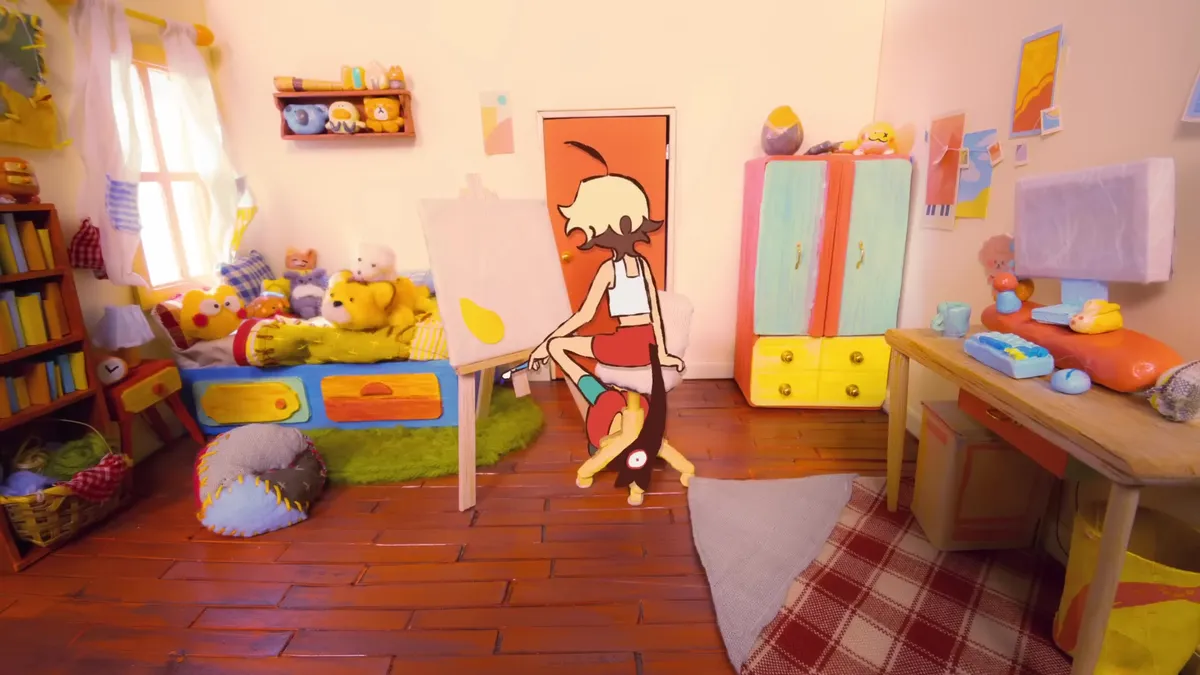art
TV shows, music, the endless scroll on social media - we are constantly consuming something. But most of the time, we do it on autopilot, without trying to discern the meaning the creator embedded in their work. This raises a question: why create anything at all if people will likely not appreciate, understand, or even condemn it? Why bother if your efforts will drown in an endless ocean of information?
Herein lies the chasm between art and assembly-line production. The author puts their entire self on the line: their heart, soul, experiences, and ideas. And even if only one person sees it and can truly appreciate the creation, the effort was not in vain.
I always try to understand what the author was trying to convey with their idea, imagination, and execution. What emotion did they want to evoke, what did they want to inspire, how did they want to make the viewer feel a flutter in their chest from what they saw? It's a shame that not everyone tries to think about this, especially in this day and age.
These reflections are especially poignant today, as the internet is flooded with debates about artificial intelligence. I really liked a question from Imperfect:
Have you ever found an image initially thought to be good and made without AI, which was later confirmed as AI-generated?
Did your perception change after learning about its origin?
And I think, yes - the perception changes, and rightly so. Content created by AI may look human, but it will always feel artificial. There is no story behind it, none of the emotions and experiences that the author poured into the painting, the music, the video, or the text.
I'm not against AI as a tool, but I am against it replacing the creator. Artificial intelligence can be a powerful assistant in creating human content, but only as long as there are real emotions, living people, and their stories behind it.
 I'll still be here by Gigi Murin
I'll still be here by Gigi Murin